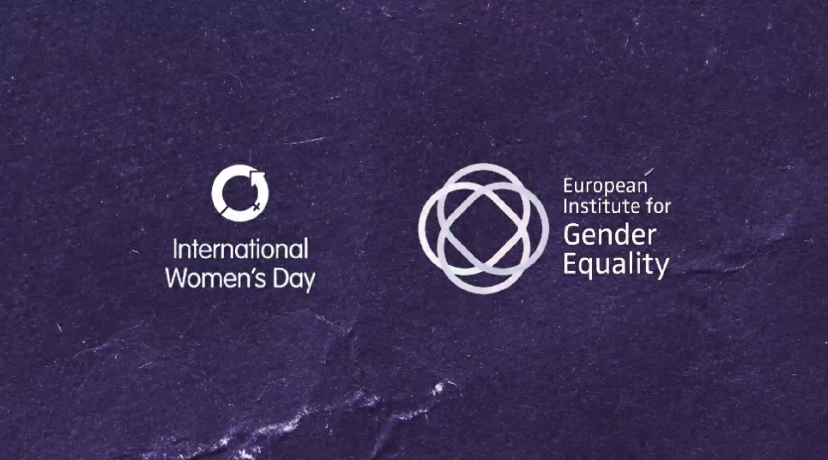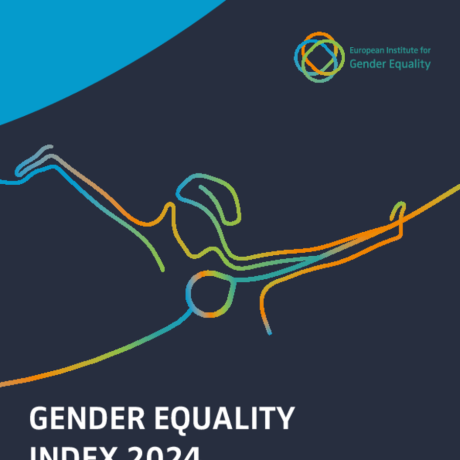
Switching to green energy can have a disproportionate impact on some – disrupting and uprooting communities traditionally reliant on mining or heavy industry.
Anticipating this, Spain developed its Just Transition Strategy. In four years, it has cut 80% of greenhouse gases from coal-fired power stations and created thousands of new jobs.
Gender mainstreaming is central to this successful strategy. And for this reason, EIGE celebrates it as one of a dozen Good Practices in the field of climate action.
But what can others, interested in putting gender mainstreaming at the heart of their work, learn from the experience of the team behind it?
“The aim of the Just Transition Strategy and from the Just Transition Institute itself is to enhance the socio-economic opportunities that the ecological transition brings to Spain” says Laura Martín, Director of the Just Transition Institute of Spain.
“In order to maximise these opportunities, the focus has to be placed on employment and competitiveness, but also on the territories and people that can be harmed by the energy transition if we don't put the proper policies in place.
“Beyond the obvious and direct goal of reducing and mitigating climate change and environmental impacts, the energy/ecological transition brings opportunities to improve employment competitiveness and tightens territorial and social cohesion.
“We must enhance policies to bring equal opportunities for women and men. This is an objective as a government, and of the Just Transition Strategy.
“If women don’t have good opportunities, they leave. And if they leave, there will be no community, no children, no future.”
“The energy transition is transforming our economy. And we don't want to repeat the mistakes of the past. Building a new future for these communities means getting everybody involved.”
However, ensuring that every voice in a community is heard can be a challenge. How do you ensure no one group is disenfranchised?
“Traditionally, the energy sector, and also the green sector, has been mainly male. In other to avoid mistakes of the past in these sectors, women's participation in the Just Transition is very important,” says Laura.
“We are not only doing a technological and ecological transformation, but we are also going to do a social transformation from the gender point of view.
“Initially, women’s participation was very low, for example in calls for occupational training in the energy sector, but also during the participation processes. So, we had to put into place specific instruments to bring their input into our policies.”
Laura and her team realised that initiatives and proposals risen from the Secretary of State for Energy were not really reaching or engaging women living in rural communities.
She says: “So, on the one hand, we signed a protocol with the Instituto de las Mujeres (Institute for Women) as they have closer contact with women's groups.
“We asked them to send information to women’s associations. The Institute for the Women is rooted in the Ministry of Equality, and information sounds different when it comes through the main body that usually addresses women’s concerns.
“On the other hand, people could be reluctant to believe that a Ministry in Madrid is going to care about what people in the rural communities think or propose.
“In order to approach them, we hire local agents that do a proactive work: they go to the territory, identify women’s associations, inform them and ask for their feedback.
“They are doing a great community job and are reaching women’s groups in an on-going manner.”
Inclusive local engagement and diverse community voices are central to the success of the Just Transition strategy.
“We started with 800 people in our wide participatory processes. Now we have maybe 1200 people,” says Laura.
“It doesn't matter what measure we bring; we always inform them and look for the input of the people from the territories. We had to put in a lot of effort, but I think we have built a social consensus.
“We work in 15 different areas and each of these areas needs different solutions. So you need professionals that can do the job on each of these areas.”
The Just Transition Institute has found that building specialised and devoted teams in the affected territories, with expert local and thematic knowledge is critical for the success of the just transition, including any gender mainstreaming project.
“To build together that social consensus and acceptance, you have to put time into it,” says Laura.
“And you have to have a team of devoted people with high social skills on each of the affected territories, to build that consensus, to talk to people, to understand territories and people’s feelings. Empathetic people.”
“Sometimes it is not easy to find people with these skills in a Ministry, so you have to hire them. With one active and engaged just transition agent in each affected territory can be enough. That`s what we have.
“If you try to only write policy from your desk, the Just Transition will never happen.”
Read more about other Good practices for mainstreaming gender in the Green Deal


